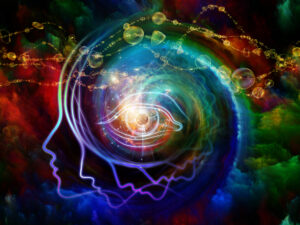
I don’t think so.
Free Will is the ability to decide and act free from the influence of past events or the environment. Free Will implies complete freedom to make absolutely any choice. If you spend a moment reflecting on this, you would appreciate why we don’t have Free Will. Because our decisions and actions are never divorced from our past or our ecosystem.
We have a conditioned mind. Our memories, past impressions and experiences bias and shape each of our thoughts and actions in the present. It’s our karmic imprint. Not just what we are born with but also what we accumulate while living. Alternatively, we can consider it the result of our genetic code, upbringing and environment. It’s our backstory.
The only way to experience Free Will is to get rid of all such conditioning; to neutralise our karmic imprint; to be independent of our psychological coding. That’s possible only if we can purify our mind by letting go of all our ego, attachments and fixed beliefs. Only when we can reside in the truth of our being. Clearly a tall order for any of us to achieve in a lifetime.
But we do have choice in most situations, right?
You could argue that the above is a rather exacting definition of Free Will. What we usually mean by Free Will is that we have a choice in most situations. Even if we may not have complete freedom to make absolutely any choice, we clearly have some choice. For example, who you choose to marry, what profession you pursue or how you react to someone’s aggression. Sounds reasonable. But here’s the catch.
While we do seemingly have a choice in most situations, our ability to make that choice too is significantly restricted by our predispositions. Our karmic imprint or our psychological coding is quite powerful and dictates the choice we make. Subconsciously, you are likely to fall in love with a person of a specific personality type; pursue a profession with certain specific…
















